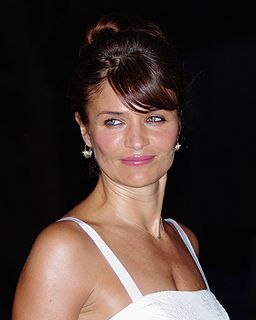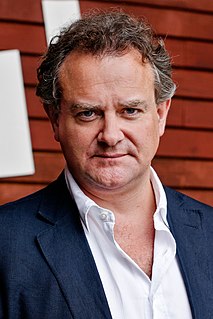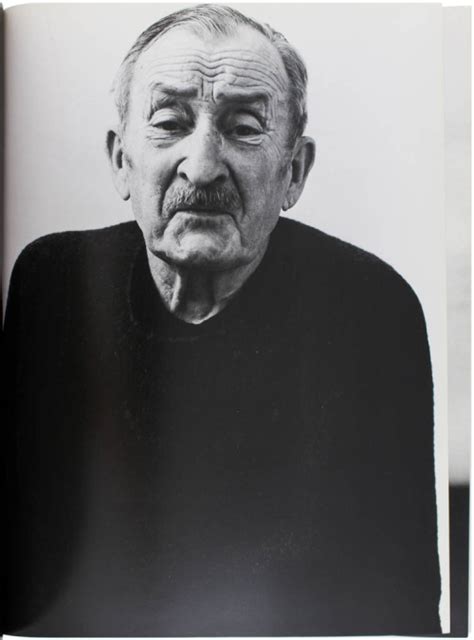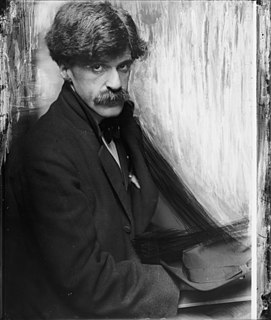A Quote by Helena Christensen
There are particular images that I like. Allegro is composed of a series of still life photographs that has been put to speed. There is so much care that has gone into the composition of the cinematography.
Quote Topics
Related Quotes
Cinematography was incredibly foreign to me, so I read as much as I could about it. Once I figured out that it was just photography with a set shutter speed, I got some slide film and I just went about storyboarding the script and taking snapshots. I took a ton of time doing it just to make sure I knew exactly what I was doing. By the end of it I knew what the film was going to look like - my exposure and the composition and everything. I wasn't scared of cinematography anymore.
I don't know whether we think in moving images or whether we think in still images. I have a suspicion that on our hard drive, our series within our brains, [exist] still photographs of very important moments in our lives. ... That we think in terms of still images and that what the photography is doing is making direct contact with the human hard drive and recording for all time a sense of what happened.
Images anesthetize. An event known through photographs certainly becomes more real than it would have been if one had never seen the photographs ... But after repeated exposure to images it also becomes less real. ... 'concerned' photography has done at least as much to deaden conscience as to arouse it.
Composition is a side issue. Its role in my selection of photographs is a negative one at best. By which I mean that the fascination of a photograph is not in its eccentric composition but in what it has to say: its information content. And, on the other hand, composition always also has its own fortuitous rightness.
We were all expecting to finish [Downton Abbey] after Series 1, actually. And then, it got extended to Series 3, and that's when two of our much loved and much missed friends left. And then, it was going to be done with Series 5, but Julian Fellowes said, "I'd like to do one more." So it's been a series of extensions, rather than wondering how much longer we can go on for.
Computer images, like camera images today, will be seen as representations of a simulated, second-degree reality with little or no connection to the unmediated world. This is one lesson we can learn from photographs, and especially from those of the last 25 years: images exist not to be believed, but to be interrogated.
Good technique includes quick changes, great variety and speed. It may be a system of reversals much like a concept of God and the Devil. In the speed of events, which one is really in charge? Do they change places with lightning speed? The Chinese believe so. To put the heart of the martial arts in your own heart and have it be a part of you means total comprehension.










































